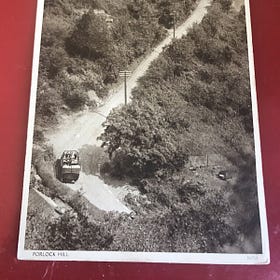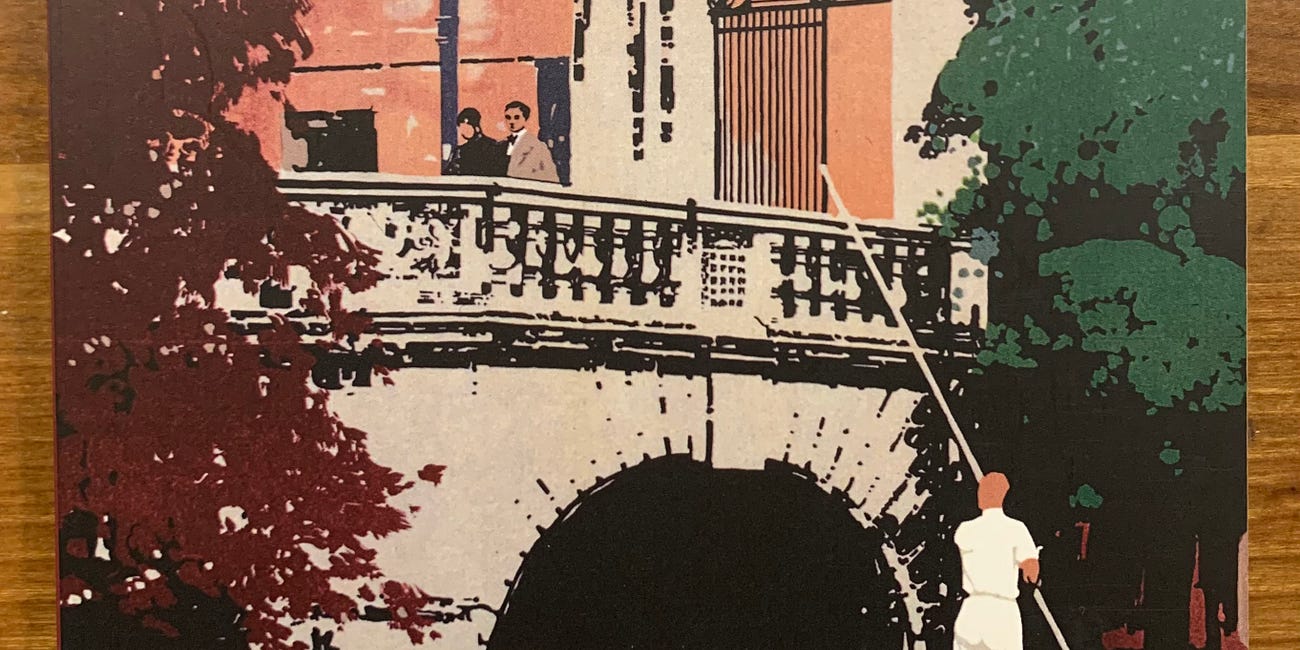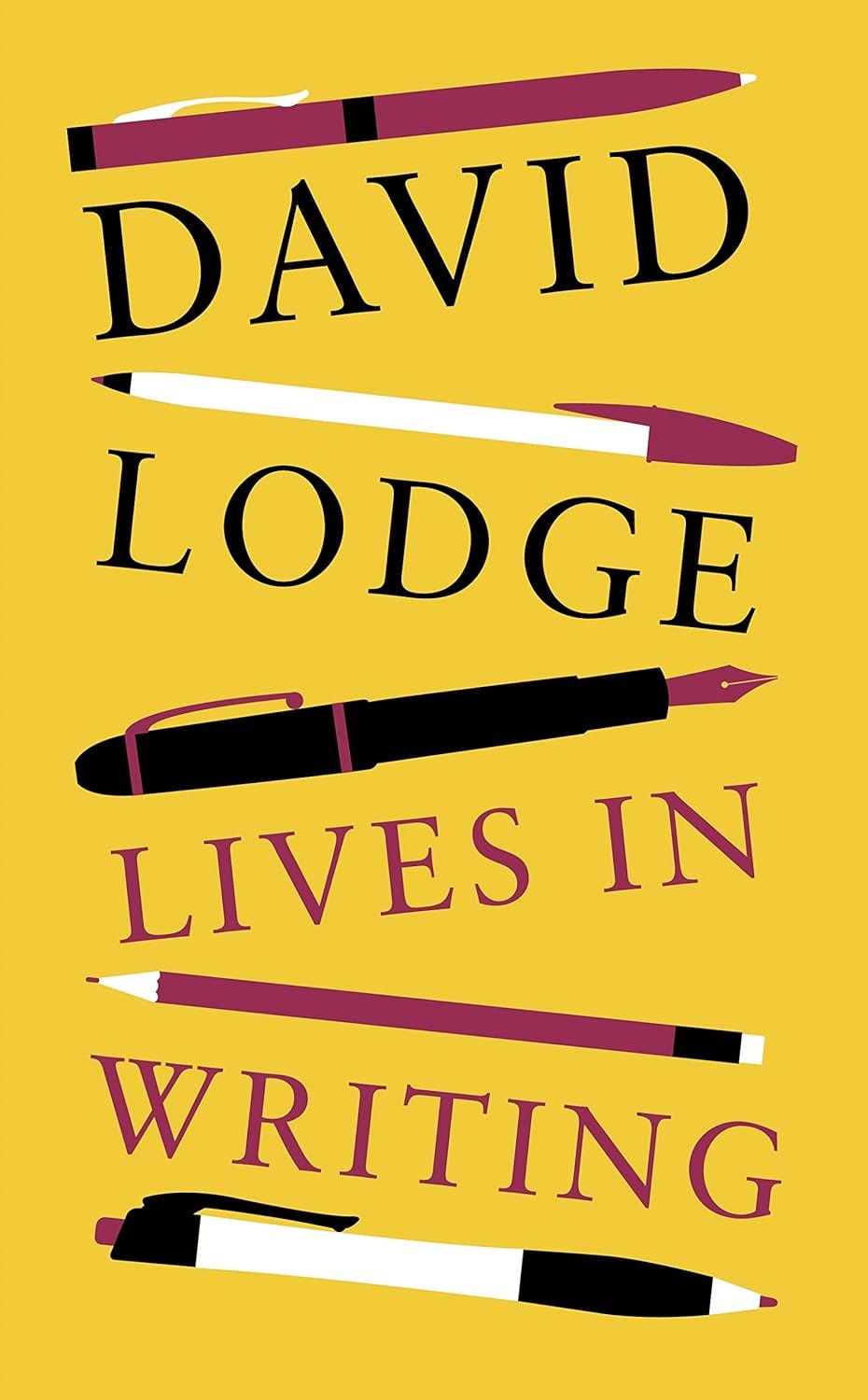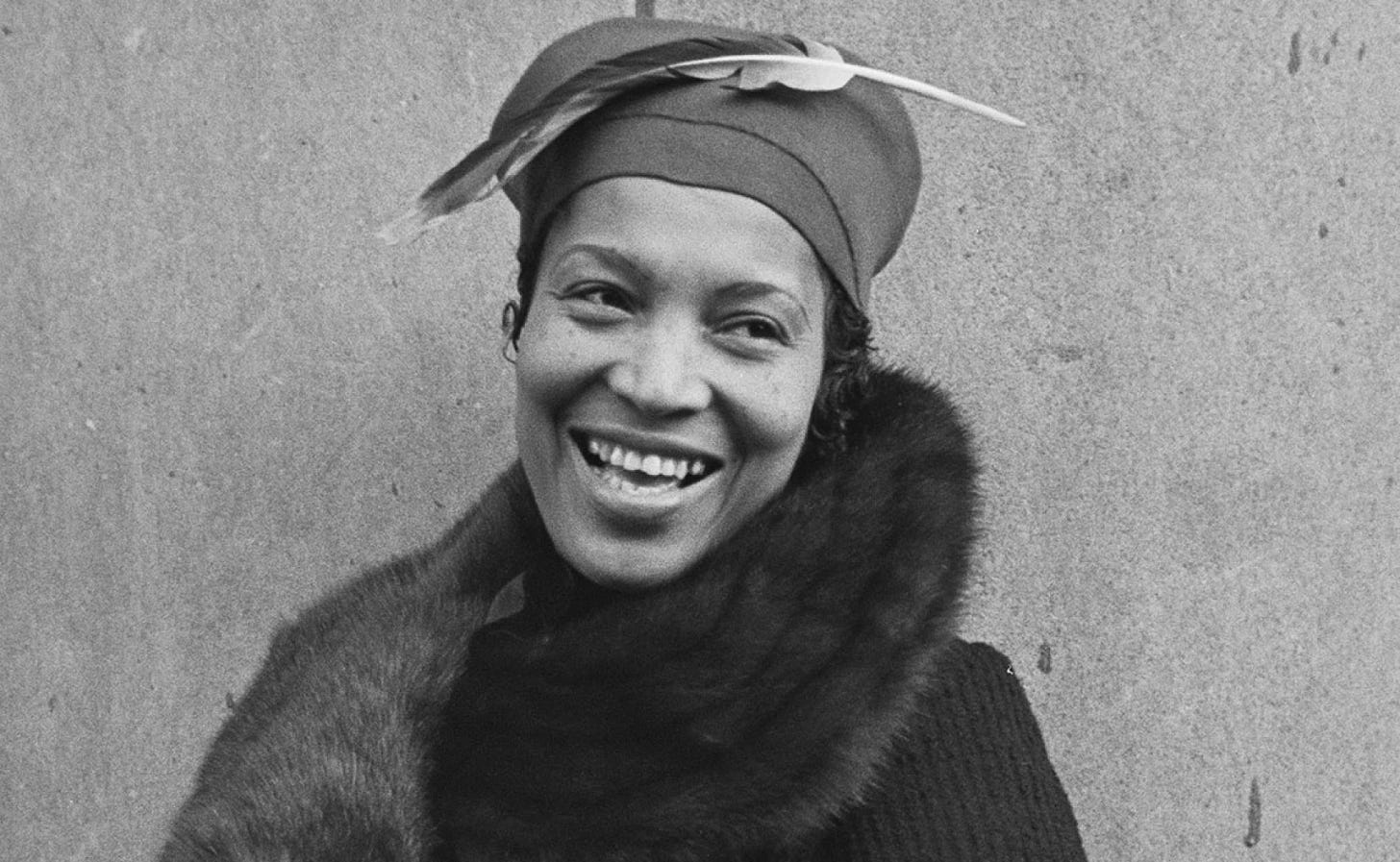Hello! And welcome to the first newsletter of 2025, with an especially warm welcome to all you lovely people who kindly upgraded to a paid subscription recently. In your honour I will start with a few highlights from last year — some of my most popular pieces from four seasons of the Cambridge Ladies’ Dining Society in 2024 — followed by a smattering of literary news and things to look forward to in 2025. A very Happy New Year to you all, and thank you so much for your encouragement and support.
1. Winter: Writers and mothers
This time last year, to celebrate January 6th or Nollaig na mBan in my native Ireland, I wrote about Samuel Beckett’s unlikely English road trip with his mother May in 1935 (see below); in February I wrote about Jane Austen’s darling child (spoiler alert — it was her longest gestating novel) and for Mothering Sunday in March, I wrote about how a long-lost miniature portrait of Susannah Wedgwood Darwin deeply moved her son Charles Darwin.
‘I am what her savage loving has made me’
‘Ever tried. Ever failed. No matter. Try again. Fail again. Fail better.’
2. Spring: Cambridge news
As you might guess from the name of my Substack, there were quite a few newsletters about Cambridge people, places and books in 2024. In January I wrote about E.E. Duncan-Jones, the ‘village girl’ who loved literature and in 1928 had the enterprising courage to invite the famous writer Virginia Woolf to Cambridge; in May I published two pieces about the notorious time when male undergraduates called for ‘No women at Cambridge’ and below, there’s my selection of the best twentieth-century novels about Cambridge (with some brilliant suggestions in the Comments section too). I have enjoyed sharing snaps, arts news and historical notes in my Cambridge Notebook series.
Novels about Cambridge
Hello! and welcome to Cambridge Ladies’ Dining Society. This week’s post is a reading list of novels set in Cambridge, and I’m grateful for so many brilliant recommendations from you, dear readers. *I have now expanded this list* based on your helpful emails and Comments - thank you! Read on for my some of my favourite literary publications on this plat…
3. Summer: Wedding bouquets
In June I wrote about how the extraordinary Dorothy Pilley’s marriage didn’t stop her mountaineering career, thanks to the support of her husband I.A. Richards, and why Sylvia Plath’s official wedding photos, taken by Cambridge photographer Lettice Ramsey, were hidden away for so many years. It was a thrill when this featured in July’s
Reads. I also wrote about the strange traditions surrounding Cambridge University brides in Victorian times, so it was a nice surprise when my snap of a modern-day London bride and groom went viral on Substack Notes:4. Autumn: Language, literature and leaves
My pictorial post about Cambridge trees got lots of ‘likes’ (who doesn’t like trees?) and I was also pleasantly surprised when many readers enjoyed my piece about Robert Burchfield’s best-selling BBC style guide in the 1980s. I enjoyed writing about Barbara Pym, who in a late-life flourishing of talent, was shortlisted for the Booker Prize for her Quartet in Autumn. Pym’s six best-known novels from the 1950s were recently reissued by Virago, and I loved writing about this feminist publisher’s remarkable history: ‘Reading 20th-century women writers’ has been my most popular post so far.
I had a lovely response to the autumn launch of my twentieth-century women writers Bookclub series, starting with FM Mayor’s The Rector’s Daughter and Elizabeth Von Arnim’s The Enchanted April. The ‘Chat’ feature has been a great addition, with lots of inspiring comments and a real sense of our community building here. Watch this space for news of the next novel, coming soon.
So that’s a quick round-up of my past year. I’d love to hear what you’ve most enjoyed reading — and what you’d like to see more of. There will be a few changes in my schedule in 2025, with more in-depth essays and features about Cambridge women. I’d love to hear about your own writing plans.
Writing news
Like many people, I was saddened to hear of the death of the British novelist and academic, David Lodge. My favourite novel of his, Nice Work (1988) was the last book in his campus trilogy but it also stands alone as a comic novel. It’s about how industry boss Vic Wilcox meets feminist academic Robyn Penrose and feels scornful of her ‘nice work’ in academia, while she has nothing but contempt for his philistine pragmatism. Nice Work works both as a state-of-the-nation novel set in Thatcher’s 1980s and as a clever pastiche of a 19th-century classic novel that I love, Elizabeth Gaskell’s North and South (1855). David Lodge ‘was fascinated by the reach of English literature and how it encouraged “our consciousness of being conscious” better than almost anyone’ writes Adrian Barlow, whose perceptive blogpost on David Lodge’s Lives in Writing (2014) is still one of the best essays I’ve read on the author.
Literature Cambridge’s Women Writers Season runs from January to December 2025, with 10 monthly lectures and a break over summer. It features ten great books of the 19th and early 20th centuries from Mary Shelley’s Frankenstein to Zora Neale Hurston’s Their Eyes Were Watching God, and you can can book as many or as few lectures as you please. There is a discount if you book the full season in advance; more details here.
I’ve recently enjoyed, without leaving the house, a sneaky glimpse inside the Hampton Court office of new Substack arrival, historian
. You can sign up for her newsletter below.Can you guess which novel Times literary editor
considers to be the best twentieth-century historical novel? You might be surprised. Do you have a particular favourite (apart from Wolf Hall) that you would recommend to others?If you’ve never read Tolstoy’s War and Peace, it’s not too late to catch up with the much-loved
’s 2025 Slow Read. Or if you’re in the mood for (re)reading Pride and Prejudice (now that it’s Jane Austen’s 250th anniversary year) I can recommend ’s Closely Reading Book Club.And speaking of Nice Work, there’s an enticing glimpse of what
is up to, writing-wise, in his recent post, ‘Work in 2025’. Even Vic Wilcox might approve of his pragmatic approach: ‘Something might happen. But probably not.’
Thank you for reading Cambridge Ladies’ Dining Society in this damp January in Cambridge, UK. Your continued support in 2025 allows me to keep doing this work, & if you enjoyed it, do please click on the little heart (it helps others to discover my newsletter). Also, if you ‘share’ this post, you’ll get credit for any new subscribers.
When others use your referral link to subscribe (free or paid), you’ll receive special benefits.
Get a 1 month comp for 5 referrals
Get a 3 month comp for 10 referrals
Get a 6 month comp for 15 referrals
To learn more, check out Substack’s FAQ.











It was nice to see Barbara Pym mentioned. She is such a comfort read. And a friend in a local book group told me that her group's recent read was The Enchanted April and they all loved it. I need to revisit that one!
A great overview, but the news of David Lodge's death was sad to read.